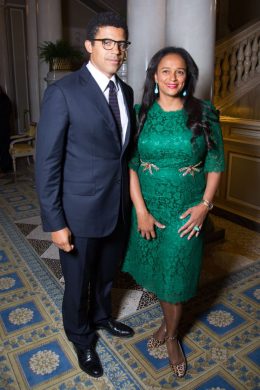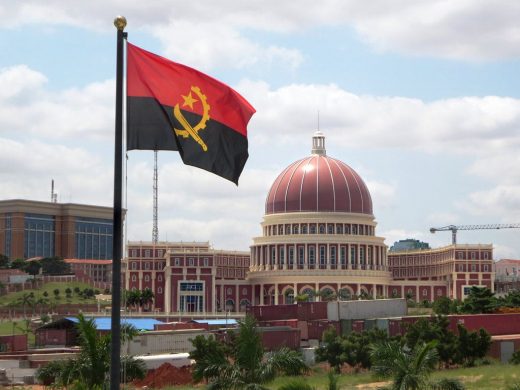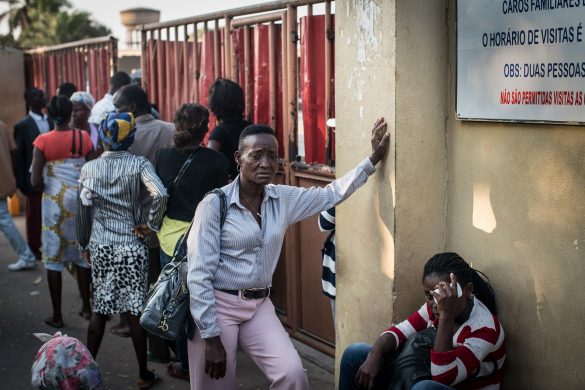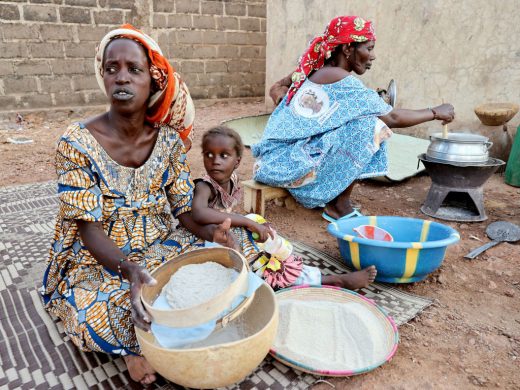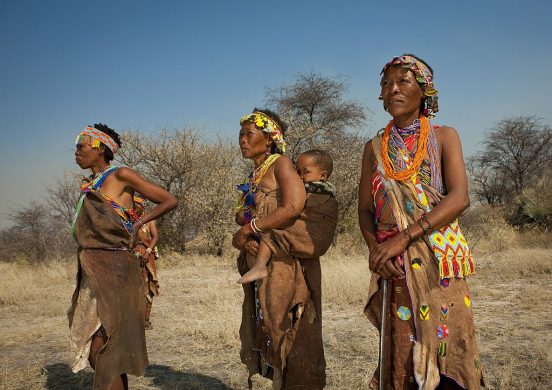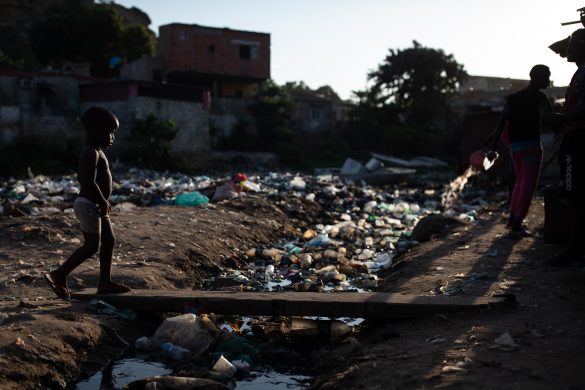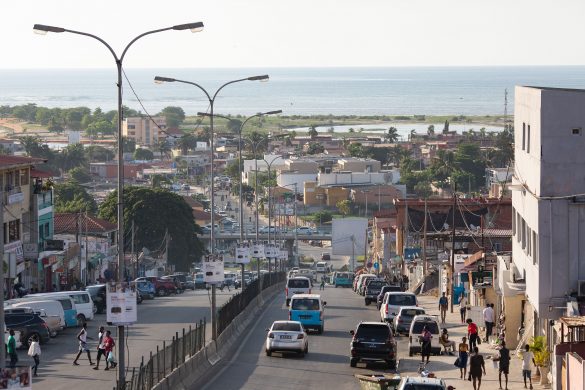WASHINGTON, 30 September 2009: A mission of the International Monetary Fund (IMF) visited Luanda during September 22-30 to continue discussions on the immediate policy challenges facing Angola and on the possible elements of a policy package that could be supported by an IMF financial arrangement. The mission issued the following statement:
„The IMF mission held constructive discussions with the government’s economic team, representatives of the private sector and aid donors.
“The Angolan economy is facing a challenging year in 2009. After recording double-digit growth rates since 2004, the pace of growth has slowed in 2009 and inflation reached 13¾ per cent in August, reflecting higher food prices and continued supply bottlenecks. The plunge in oil revenues in the first half of 2009 has shifted both the fiscal and current account positions into substantial deficit.
“Responding to the adverse fallout from the global economic crisis, the government has taken forceful measures that have helped to stabilize the international reserve position. The National Bank of Angola has tightened monetary policy, and fiscal policy was also tightened considerably in the 2009 supplementary budget. While an economic recovery is expected in the first half of 2010, the government continues to face sizeable challenges in macroeconomic management and financing needs remain large.
“To provide support to the authorities in their stabilization efforts, the mission concluded discussions ad referendum on a forward-looking economic program that could be supported with a 27-month Stand-By Arrangement from the IMF.
“The program aims to alleviate immediate liquidity pressures, boost market confidence, and restore a sustainable macroeconomic position. It is centered on the authorities‛ objective of strengthening the public finances through an appropriately tight 2010 Budget, backed by firm policies on monetary management.
“The program calls for protecting social spending and also emphasizes the need for continued progress on improving public financial management in both the central government and the broader public sector, including state-owned enterprises.
“In the coming weeks, the Angolan authorities and Fund staff will seek to finalize the remaining details of the proposed Stand-By Arrangement, with the intention being to present the program to the IMF Executive Board in November 2009.”
Kilde: www.imf.org


